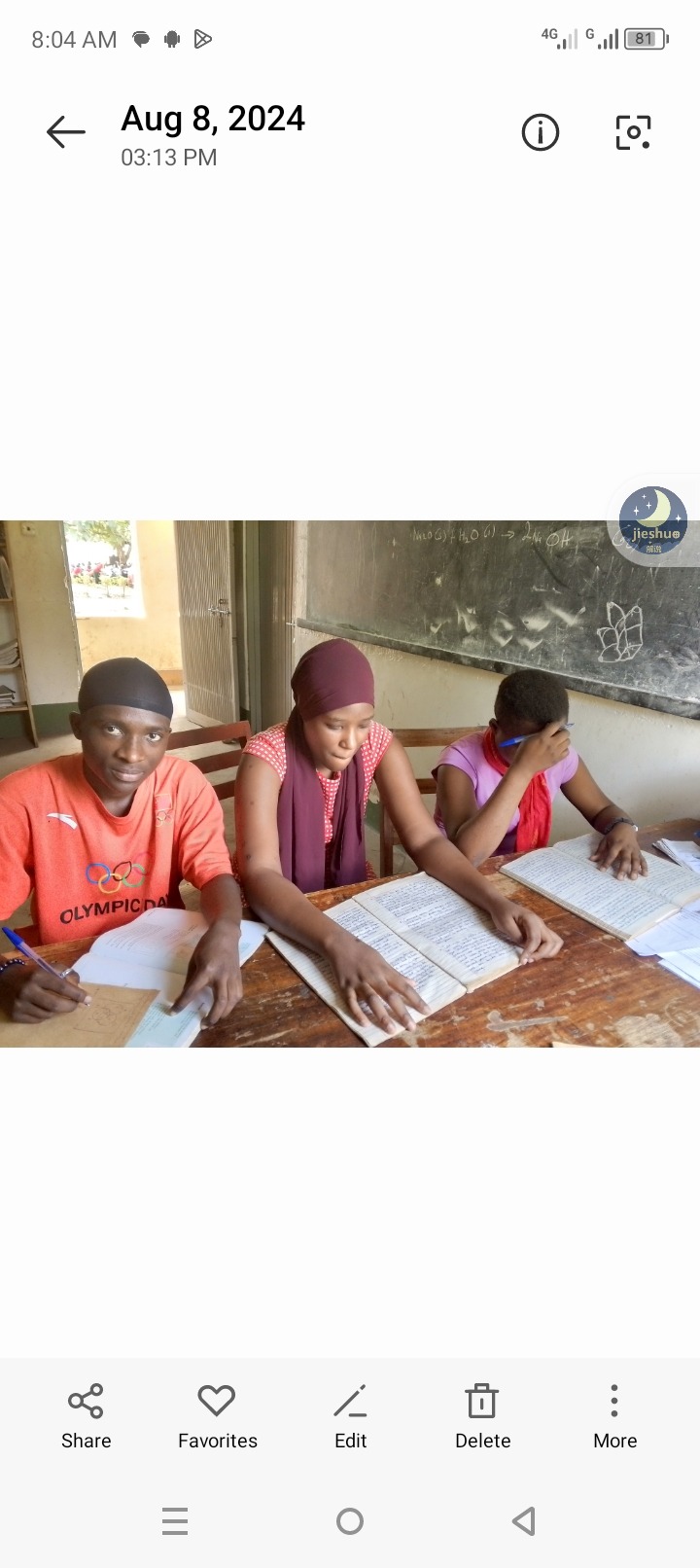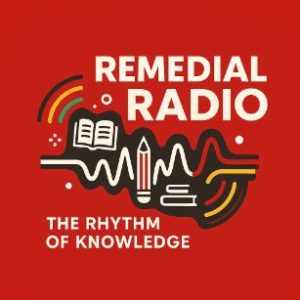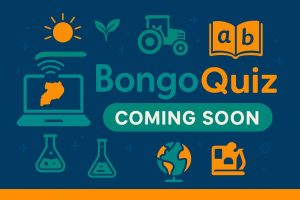The recent overhaul of Uganda’s educational curriculum by the Ministry of Education and Sports marks a commendable stride towards addressing the learning needs of the 21st century. This innovative competence-based curriculum is designed to equip students with not only theoretical knowledge but also essential practical skills including critical thinking, problem-solving, information technology proficiency, and teamwork. Furthermore, it incorporates contemporary issues such as climate change, reproductive health, and financial literacy, setting a new standard in educational reforms aimed at creating well-rounded, informed citizens.
However, amidst these progressive changes, a critical challenge has emerged, particularly affecting the special needs education sector. Resource room teachers, who play a pivotal role in supporting students with special needs, find themselves at a significant disadvantage, struggling to adapt to and implement the new curriculum. This article delves into the myriad of challenges these educators face and proposes actionable solutions to ensure an inclusive, equitable educational landscape for all learners.
Understanding the Hurdles for Resource Room Teachers
- Limited Specialized Training: Despite the Ministry’s efforts in conducting workshops for mainstream educators on the new curriculum, resource room teachers have been largely overlooked. This lack of specialized training hampers their ability to effectively deliver the curriculum to students with special needs, as they are not equipped with the requisite skills and knowledge for such a task.
- Scarcity of Accessible Teaching Materials: The new curriculum’s emphasis on practical learning requires an array of instructional materials. However, the National Curriculum Development Centre’s (NCDC) provision has not adequately catered to the needs of visually impaired students. Textbooks and other resources are seldom available in accessible formats like Braille, audio, or digital text, creating a significant barrier to learning.
- Job Security Concerns: The transition to a more demanding curriculum has also spotlighted the job security of resource room teachers, particularly those not on the government payroll. The requirement for more hands-on, practical teaching means these educators need stability and assurance to effectively plan and deliver their lessons.
- Additional Workload without Adequate Compensation: The practical nature of the new curriculum necessitates extra work from teachers, including supervising student projects and extending their duties beyond traditional working hours. Resource room teachers, akin to their counterparts in the sciences, face an increased workload without the benefit of matching compensation, a disparity that needs rectification.
Current Landscape of Special Needs Education in Uganda
We currently have 12 prominent secondary schools in Uganda recognized for their efforts towards inclusivity, either by having annexed units for learners with special needs or by being fully inclusive. These institutions serve as beacons of progress in the quest for an equitable educational system. Among these, Saad Memorial Secondary School and St. Agnes in Kasese, St. Peter’s SS in Mbarara, and Hornby High School in Kabale District stand out. Isingiro is home to St. Bonconsil School, while Iganga Girls SS and Namasagali SS in Busoga, St. Francis School for the Blind in Madera, Gulu High School, and Mvara SS in Northern Uganda, as well as Sure Prospect School in Entebbe and Sir Apollo Kaggwa SS in Mukono, have made notable contributions to accommodating students with special needs.
However, it is important to note that among these twelve schools, some lack dedicated resource room teachers, underscoring a significant gap in the support system for special needs education. Out of the twelve, ten are government-aided, and two are private establishments. The existence of these schools is a step in the right direction, yet the shortage of trained resource room educators highlights a critical area for improvement.
Solutions and Advocacy
To address these challenges, a multifaceted approach is needed:
Targeted Training Programs: Initiating curriculum-specific training for resource room teachers will bridge the knowledge gap, enabling them to effectively support their students. These programs should also cover the adaptation of teaching materials into accessible formats.
Provision of Accessible Materials: The government, in collaboration with educational stakeholders, must ensure the availability of teaching and learning materials in formats accessible to all students, including those with visual impairments.
Policy Reforms for Job Security: Establishing policies that secure the positions of resource room teachers and provide them with the necessary financial and logistical support is crucial. This includes fair recruitment practices and equitable salary adjustments.
Increased Funding and Resources: Allocating funds specifically for the special needs education sector can facilitate the acquisition of specialized teaching materials and technology, thereby enhancing the learning experience for students with special needs.
read more



